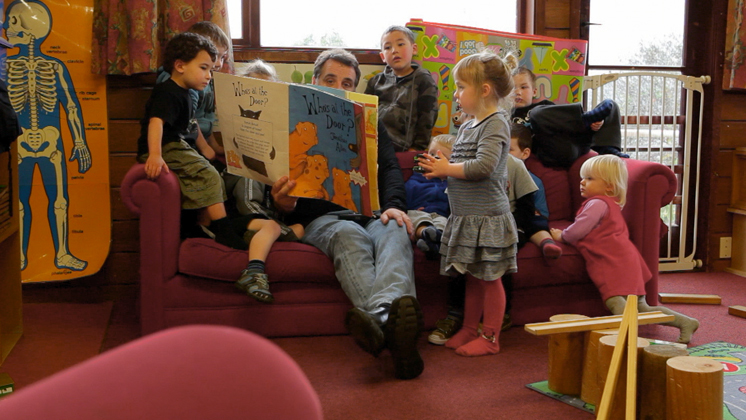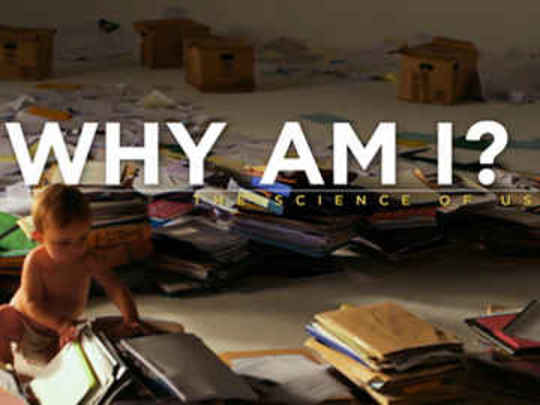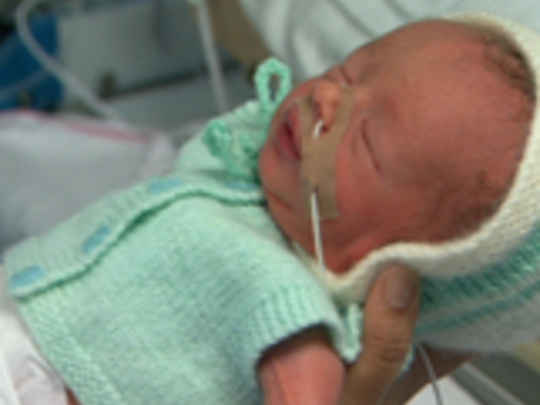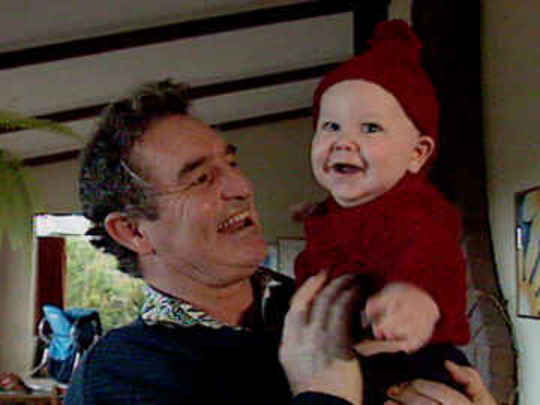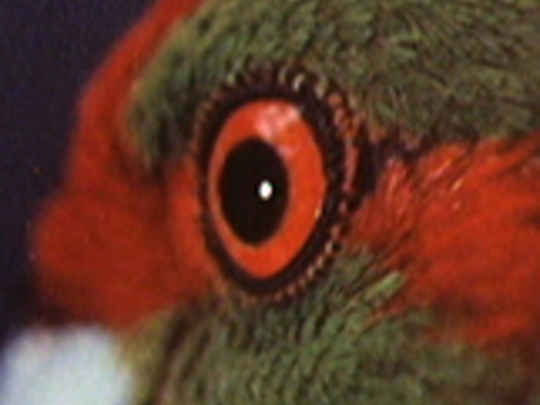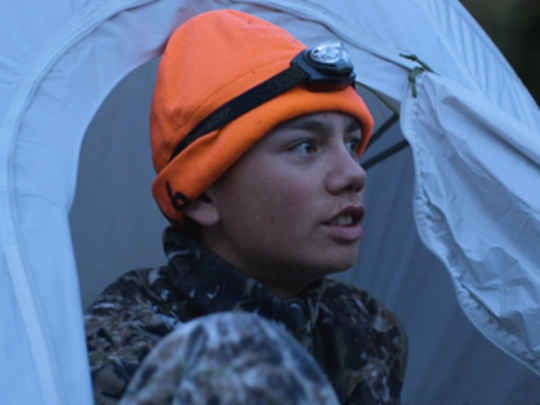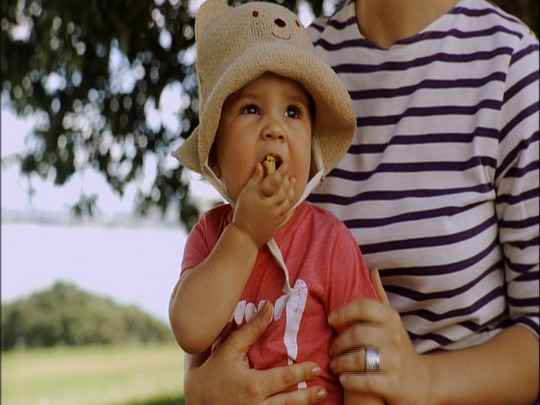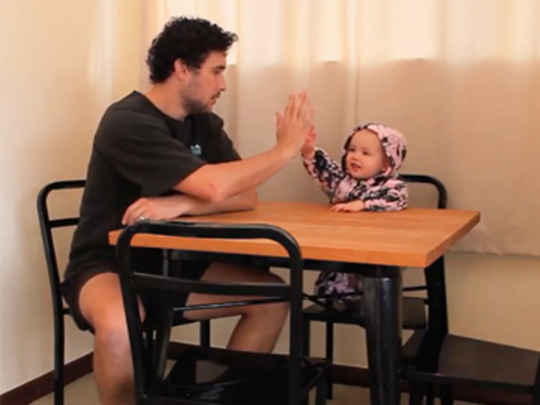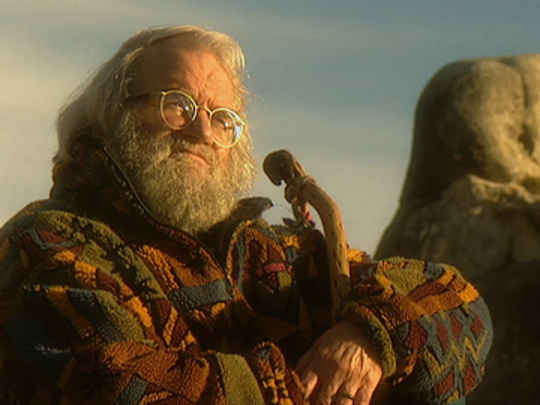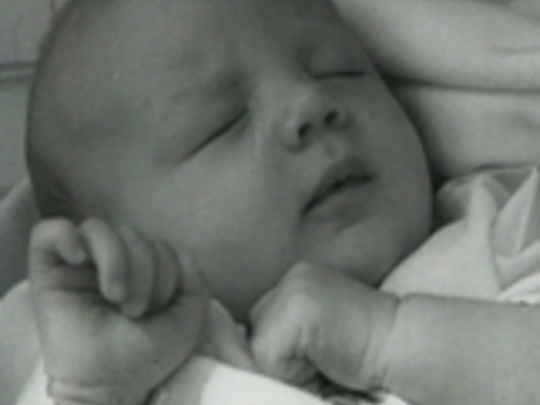Why Am I? The Science of Us 1 - The Early Years (First Episode)
Television (Full Length Episode) – 2016
My money was on intelligence as the best predictor of success in later life. I thought if we took account of childrens' intelligence we would find that the bright children had a successful life, and the dull children did not.
– Professor Terrie Moffitt on self-control actually being the best early predictor of life success
I recall one study member who spent much of his life in prisons and had really had a very difficult life, and he said "I haven't done very much in my life, but I've done this". And he was damn right. In many ways he might have done more for people than people who've lived a completely blameless life.
– Dunedin Longitudinal Study team leader Sean Hogan on the gift that Dunedin Study subjects have given science
As a kid I was always fascinated with speed ... there was bikes and trolleys and you could go as fast as you liked, or as fast as the hill would let you go. I was quite competitive so I wanted my trolley to be the fastest...
– Bungy Jump entrepreneur AJ Hackett on the 'confident' traits he exhibited as a kid
This is an adult whose shyness begins to interfere with their ability to do very simple things. They have a hard time leaving home and establishing a life for themselves...
– Professor Avshalom Caspi on the traits of the 'inhibited' personality group
There are personality differences between children that are really terribly consequential. There's something about the characteristic ways in which children behave, think and feel that is going to have huge implications for what happens to them.
– Professor Avshalom Caspi on the five personality groups
There are three things that set the Dunedin study apart from longer running studies overseas, Poulton says: a high retention rate (94% of the original cohort have stayed), a multidisciplinary approach that gathers an “incredible” breadth of information, and testing and interviewing people face-to-face rather than through questionnaires. "That’s a very rare combo — the Holy Trinity in my mind — to make us the best study of our type in the world."
– Guardian story on the Dunedin Study, quoting study leader Richie Poulton, 1 April 2022
In 1972 a medical school from a small city in New Zealand embarked on the ultimate nature nurture test. They decided to take every child born in the city that year, and follow them for life. For 40 years, scientists have probed every nook and cranny of their existence: their medical history, their personality, their genes, criminal convictions, relationships, successes, failures — the lot.
– Narrator Susie Ferguson, at the start of this episode
It's amazing what we can tell about these kids already ... you can tell for example some kids are likely to end up in trouble with the law, if they don't watch out. And the important thing is that knowing that early gives us a chance to avert that — to change that life trajectory.
– Professor Richie Poulton, near the start of this episode
Lots of longitudinal studies measure just a couple of things, whereas the thing that's special about the Dunedin study is that we measured multiple aspects of human health and development. So we get a complete picture of people's lives.
– Professor Richie Poulton, near the start of this episode
The Dunedin results show personality is set in early childhood, and has lifelong consequences. The good news ... a person's future is not a function of personality alone. The study has found there is something we can teach any child, no matter what their personality type, that will increase their future health, wealth and happiness.
– Narrator Susie Ferguson
...this is a great doco for anyone interested in why we turn out the way we do — it throws out startling statistics and tells an engaging story.
– Stuff reviewer Pattie Pegler, 24 May 2016
